Best products for your skin type
Posted by Mirela Mendoza on

Understanding your skin type is essential for having healthy, glowing skin. When you know your skin type you can find the right products and customize a skincare routine adapted to your necessities. The main skin types include dry, oily, combination, normal, and sensitive. Keep in mind that your skin type can change a few times over the course of your life, that's because your body experiences various hormonal shifts. Different weather or temperature changes can also affect your skin.
You might be wondering how you can differentiate between all these skin types and choose the right products for your needs! Don’t worry, here’s a simple guide to learn how to identify and care for your type of skin.
Knowing your type of skin:
The best way to find out what is your type it's to remove any makeup, wash your face with warm water and a gentle face cleanser, and wait an hour without applying any products. This will allow you to see how your skin reacts to the environment. Look in the mirror and examine your pores, check for any redness or bursts, and be observant if it looks shiny, especially around the "T-zone" (nose and forehead).
If you need extra help, you can take this quiz!
Normal Skin
Normal is a term widely used to refer to well-balanced skin. The T-zone may be a bit oily, but overall it's balanced and the skin is neither too oily nor too dry. You don’t experience many breakouts and your skin doesn’t tend to react negatively to new products or weather changes. This type of skin can tolerate most ingredients, meaning you can try and experiment with different cleansers, moisturizers, and masks until you find exactly what works for you.
Oily Skin
Oily is used to describe a skin type with heightened sebum production. This type of skin always seems to be glowing and has clearly visible pores. Oily skin is usually prone to acne. Shine control is a top concern, and you should avoid ingredients like mineral oil and petrolatum.
It’s important to lightly exfoliate oily skin, as the buildup of oil can cause dead skin cells to become trapped in the pores and lead to acne blemishes. Be sure not to over-wash your face, as drying out your pores can cause them to produce even more oil to compensate.
What ingredients to look for when you have OILY SKIN
Salicylic Acid: it penetrates the pores deeply and exfoliates the skin, removing excess oils. According to the cosmetologist, Stella Barba, you have to be careful when choosing the percentage of salicylic acid (that can vary between 0.5 and 2%), because the higher the level of this acid, the more dryness it can cause.
Glycolic Acid: it's a great exfoliating agent for oily skin, helping loosen up the built-up sebum and proteins that usually lead to blackheads and breakouts.
Benzoyl Peroxide: is an antibacterial agent that kills bacteria underneath the skin, helping the pores shed dead skin cells and excess oil. It works particularly well for inflammatory acne.
Some recommendations:
Dry Skin
‘Dry’ is used to describe a skin type that produces less sebum than normal skin. The skin may feel tight and look dull, it also has a lower elasticity. This type of skin may experience sensitivity, itchiness or cracks, and may become irritated when in contact with harsh soaps or certain products. Avoid harsh cleansers and keep your skin hydrated by applying a rich moisturizer several times each day. Be sure to look for water-based products.
What ingredients to look for when you have DRY SKIN
Hyaluronic acid:
this acid is amazingly good at bonding with water molecules, making it a key factor in retaining skin moisture. It hydrates the skin and smooths the appearance of fine lines without giving you a greasy sensation.
Lipids: they are essential components of skin that help to maintain its strength, hold moisture, and keep dirt and impurities out.
Mineral Oil: it works as a barrier between the skin and the air, preventing water from leaving your body through your skin.
Lactic Acid: in dry skin, it increases the capability of skin turnover, making the new skin better at maintaining moisture.
Some recommendations:
Combination Skin
In combination skin, the skin types vary in the T-zone and the cheeks. It is the most common skin type, but it can be hard to identify and treat. Stick to natural ingredients and stay away from oil and alcohol-based products. The most important care for combination skin is maintaining a balance. A good idea is to use two different moisturizers in your skincare regimen while exfoliating often to remove dead skin cells and unclog your pores.
What ingredients to look for when you have COMBINATION SKIN
(This is a great start if you have Normal skin)
Hyaluronic Acid: For the most part, hyaluronic acid is non-irritating and safe for use with all skin types. It helps replenish and hold cell moisture, leading to hydrated, plump skin.
Salicylic Acid it works well with clogged pores, which usually leads to blackheads, and it's one of the least irritating acids. Just be sure to look for a low percentage one.
Glycolic Acid: its small molecular structure allows it to penetrate the skin deeply and easily. It stimulates the production of collagen and thickens the dermis, helping the skin feel smoother and look more radiant.
Some recommendations
Sensitive Skin
Sensitive skin is easily irritated by different factors, such as certain products, sun exposition, or high and low temperatures. People with sensitive skin are usually prone to inflammation and often experience sensations of itching, burning and tightness.
What ingredients to look for when you have SENSITIVE SKIN
Choose fragrance free products
Green Tea: it's a powerful antioxidant that possesses antibacterial and anti-inflammatory benefits.
Chamomile extract: it's a soothing and refreshing anti-inflammatory. It not only reduces inflammation but also cleanses and moisturizes the skin while soothing irritation.
Lactic Acid: it offers all of the benefits of an exfoliating acid without irritating or causing uncomfortable skin symptoms.
Some recommendations:
Asesorada por:
Dr. Alicia Barba M.D
Certified Dermatologist and founder of Barba Skin Clinic
And Stella Barba LE, CME
Licensed Aesthetician and a Certified Medical Electrologist
















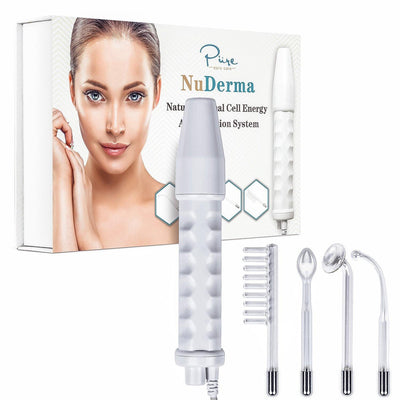
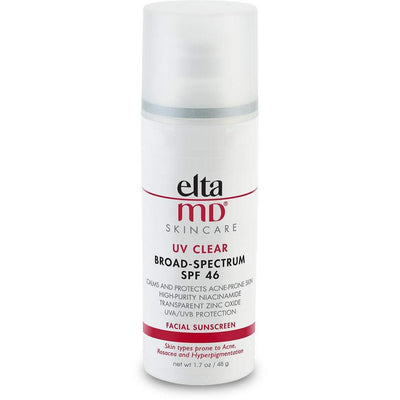
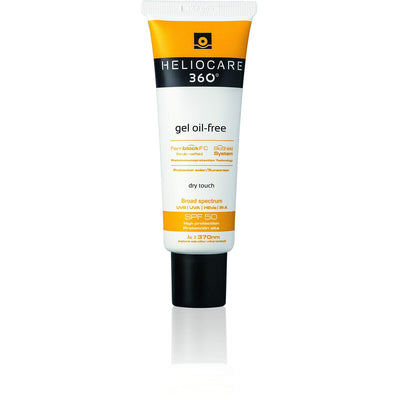
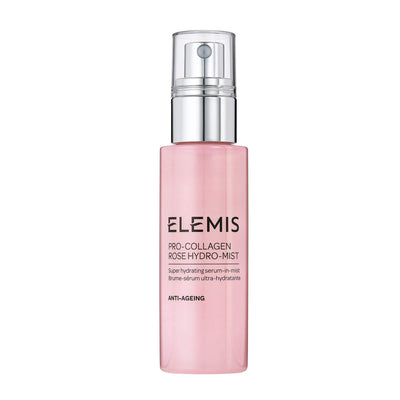
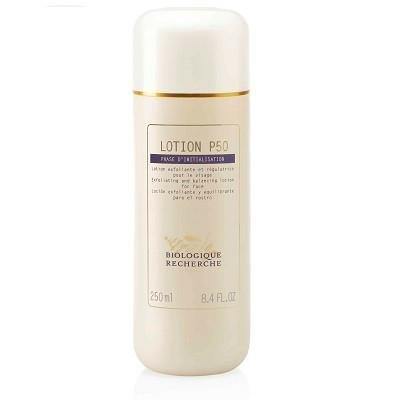
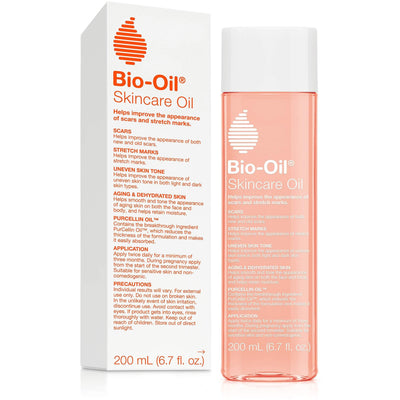
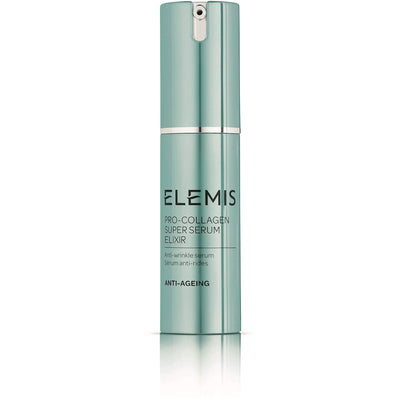
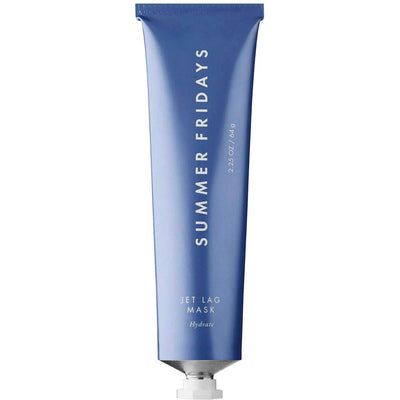
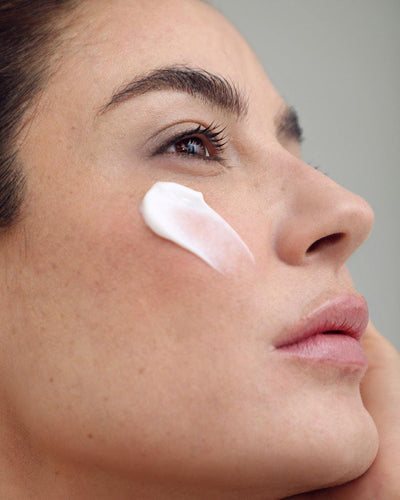
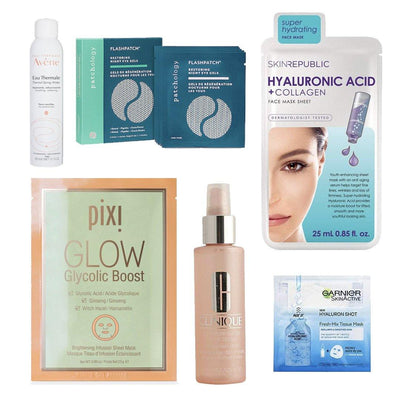

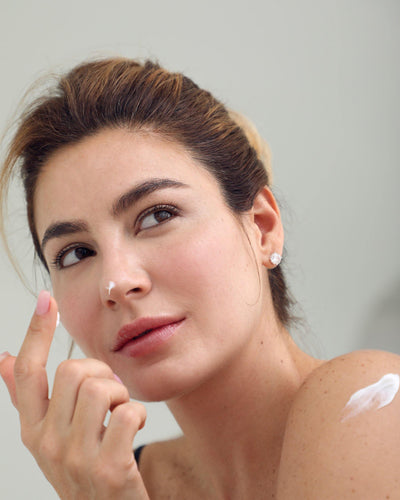
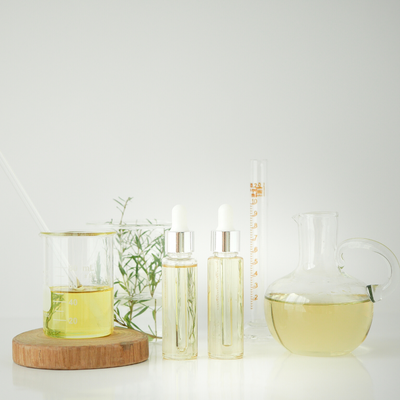
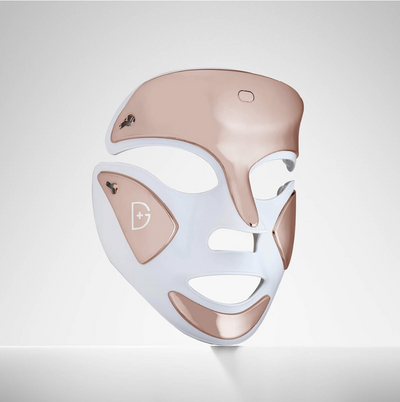

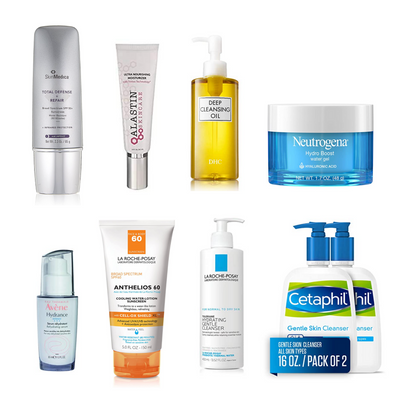
¡Hola Paola! En el quiz dice que tienes la piel seca. Si sientes que tu piel además tiene cierto grado de sensibilidad, esto puede ser otro síntoma de este tipo de piel. Te recomiendo que tomes en cuenta los ingredientes para la piel seca y piel sensible. Igual, si tienes alguna preocupación lo más recomendable es consultar con tu dermatólogo.
Gracias . Pero aún no me queda claro que tipo de piel tengo el test lo hice y me salió piel seca sin embargo tengo ocasiones en que min piel se descama y se enrojece. Si me podrías confirmar lo del tipo de piel plis y gracias por las sugerencia .